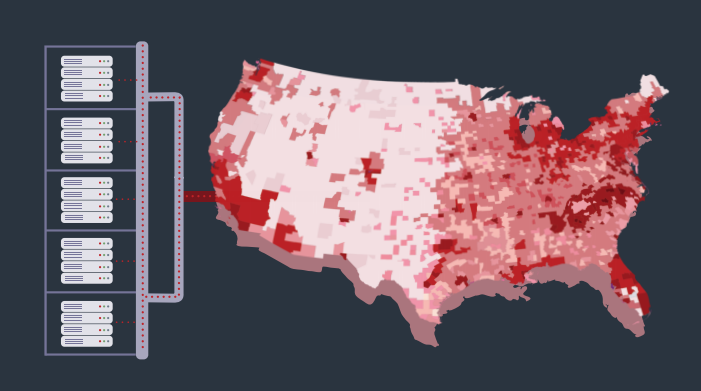The largest, most profitable advertising fraud scheme has been uncovered in Russia that is estimated to have gained over $180 million in profits since September when the operation was first launched. The scheme comes in the form of fake video views and is being used to steal millions of dollars from both advertisers and publishers.
Methbot is the name given to the operation, and it involves an army of bots watching up to 300 million video ads each and every day. In doing this, it’s fooling advertisers into paying for views that they haven’t really had. It’s been said that Russian hackers are responsible for the criminal operation due to the scale and intricacy of it. Michael Tiffany, White Ops CEO, commented, “This is an attack perpetrated by the entire industry. It was robbing both advertisers and publishers, and it was operating at a level of sophistication that’s just unheard of.

Hackers took control over more than half a billion IP addresses, split them into chunks and then assigned these pieces to various internets service providers such as Comcast and Verizon. By doing this, the hackers made it look as though real web surfers were viewing the videos rather than millions of bots. The operation was, in fact, being run from two separate data centers – one in Amsterdam and the other in Dallas, Texas.
It was a very intricate operation, and even Tiffany said, “We’ve never seen anything like that before. It’s just astonishing.” The fraudsters had even set up fake versions of well known trusted sites, such as CNN, Mashable, Facebook, Yahoo, and even Pokemon. It’s a huge operation that’s estimated to have managed between 200 and 300 million views per day, generating revenue somewhere between $3 million to $5 million.
Tiffany also said, “By using these very sophisticated mechanisms to hack come off the architectural systems of the internet, they were then able to unlock much greater profit potential than other operations usually have.” But, White Ops is on the case and have now released a full list of fake address and domains so that real firms can block them and are now working with law enforcement officials to bring down the criminal ring.
More News To Read











